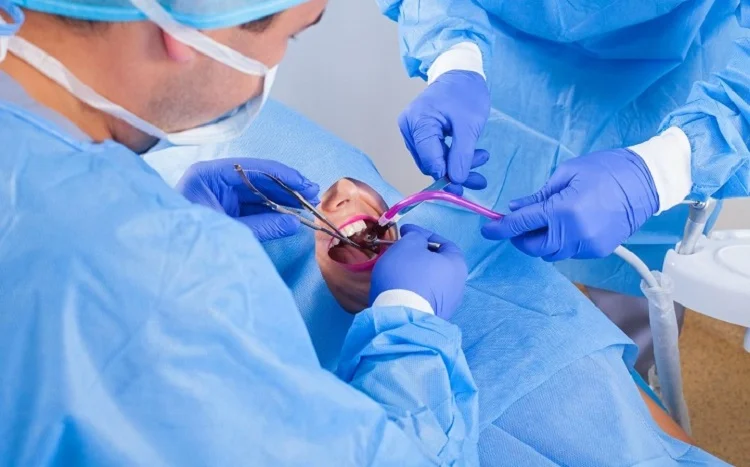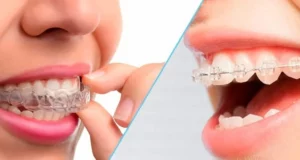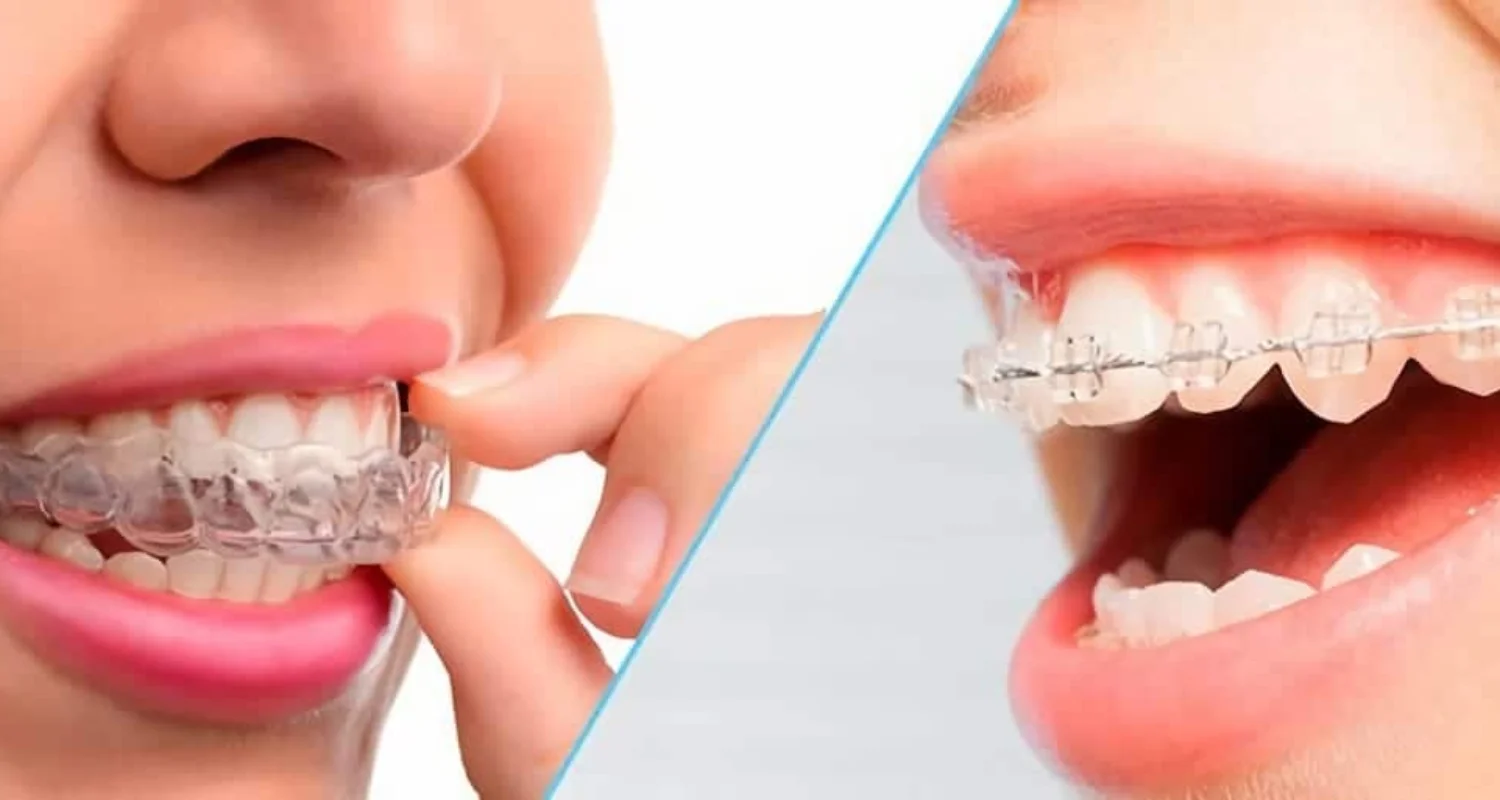Last Updated on: 9th July 2024, 08:04 am
✓ Fact Checked 🕓
❙ Our team of writers, editors, and medical experts rigorously evaluates each article to ensure the information is accurate and exclusively cites reputable sources.
❙ We regularly assess how the content in this article aligns with current scientific literature and expert recommendations in order to provide the most up-to-date research.
When the pulp inside the tooth is seriously affected by decay or trauma, conventional root canal treatment is indicated to save it. However, the symptoms could persist, even after carrying out the prescribed protocol. It could require a most complex procedure: endodontic surgery.
What is Endodontic Surgery?
Endodontic surgery is used to treat problems with dental roots and the tissue inside the tooth, known as the pulp. The goal is to save teeth that are severely damaged or infected. Through this advanced technique, conditions that cannot be adequately treated with conventional root canal treatment can be addressed.
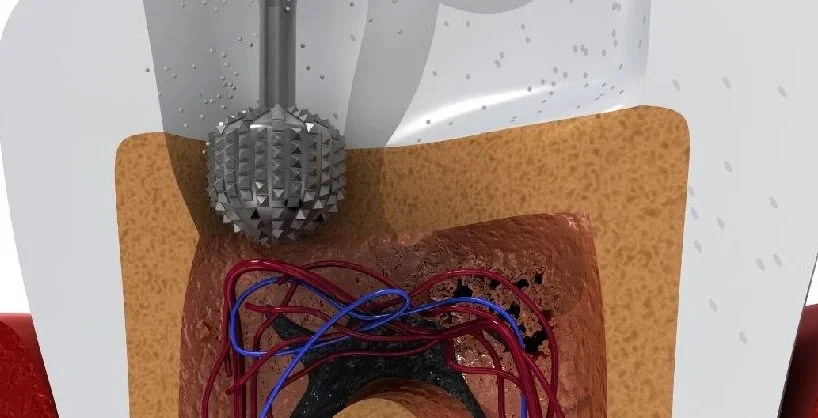
Who Performs Endodontic Surgery?
Endodontic surgery is performed by a dentist who has completed additional studies in endodontics, making him an expert in treating the internal tissues of the tooth, including the pulp and roots. Advanced techniques and new technology allow them to avoid tooth loss due to infections or diseases of the dental pulp.
Are there other Types of Endodontic Surgery?
This article will discuss the most common types of endodontic surgery, which involves the treatment of the tooth root and infections in the surrounding bone. However, there are also other types of surgery performed by endodontists.
• Removal of dental roots
• Sectioning of a tooth
• Autotransplantation
• Intentional re-implantation
When is Endodontic Surgery Performed?
Endodontic surgery is recommended when conventional root canal treatment has not been successful or is not a viable option. The following are some of the more common reasons why surgery may be considered:
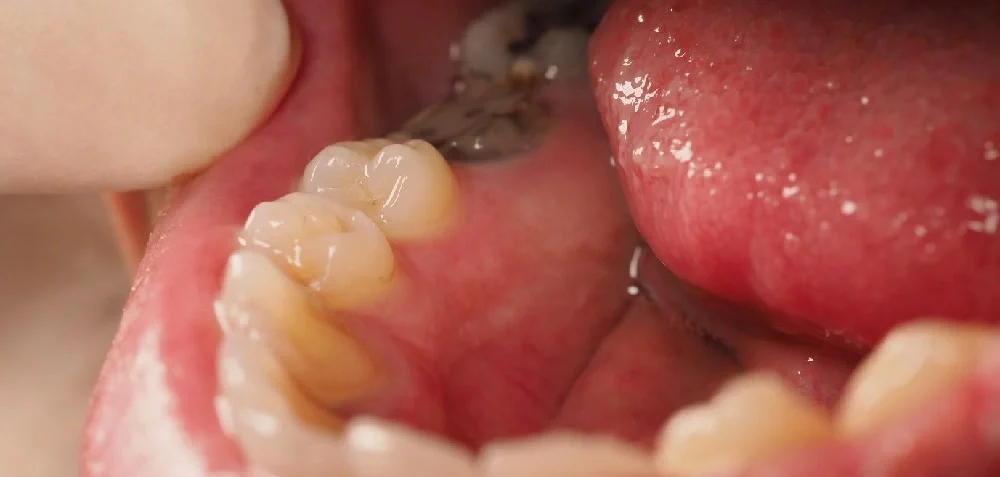
1. Persistent infections
Sometimes bacterial infections can persist despite proper root canal treatment. In these cases, endodontic surgery may be necessary to eliminate the infection and preserve the tooth.
2. Tooth root damage
If there are fractures or damage to the dental roots that cannot be effectively treated by other procedures, endodontic surgery may be the best option to save the tooth.
3. Difficulty in conventional access
When the tooth has posts or crowns in good condition that should not be removed, you can choose a surgical endodontic treatment to avoid damaging said restoration.
4. Damage to surrounding tissue
When the tissue around the tooth root is affected by cysts or infections, endodontic surgery can help eliminate the problem and promote healing.
5. Exploratory surgery
Sometimes the symptoms are persistent, but the cause cannot be identified through diagnostic images or clinical examinations. For these cases, the endodontist may opt for surgery to identify the cause of the problem.
6. Difficult canals
In some cases, the complex anatomy of the dental roots can make access and proper cleaning difficult during root canal treatment. An example is when calcium deposits form inside the tooth, which prevents locating the root canal. Endodontic surgery can guarantee effective treatment.
Is it Always Possible to Resort to Endodontic Surgery?
It is important to mention that the surgery is not possible in all cases. Eventually, difficult access to the roots, some health conditions of the patient, or the close location of nerves or other structures could be contraindications for the procedure.
How is the Endodontic Surgery Procedure?
Before performing the surgery, a clinical and radiographic examination is carried out, which necessarily entails taking X-rays and/or tomographies to make a correct diagnosis of the disease for procedure planning. During the surgery, the following steps are generally followed:
1. Local anesthesia
2. Access the incision in the gum to expose the affected area, the dental root, and the surrounding tissue.
3. Removal of infected tissue around the dental root.
4. Root treatment, which may involve cleaning or trimming the end of the root to remove the infection or the part of the tooth that is damaged.
5. Sealing of the roots with materials that stimulate healing, to stop the entry of bacteria and prevent future infection.
6. Suture with stitches that will dissolve on their own over time.
Tips for Recovery from Root Canal Surgery
1. Rest and care of the surgical area
After root canal surgery, it is advisable to take time to rest and allow the body to recover properly. Avoid strenuous physical activities during the first 24-48 hours and minimize contact of the tongue or fingers with the wound.
2. Medication and pain control
The endodontist may prescribe medications to help control pain and reduce any swelling after surgery. Follow the instructions provided by the specialist and take the medication as directed. If you experience severe pain or severe swelling not relieved by medication, contact your endodontist.
3. Adequate nutrition
During the first few days after surgery, a bland diet and avoiding hot or hard foods that may irritate the surgical area are recommended. Opt for soft, easy-to-chew foods. Prefer cold foods and limit very hot foods for the first day, as this helps control inflammation.
4. Careful oral hygiene
Maintaining proper oral hygiene is essential to prevent infection and promote successful recovery. However, you must be careful when brushing and flossing around the surgical area to avoid discomfort or damage. Follow your endodontist’s instructions on when and how to resume your normal oral hygiene routine.
5. Follow-up visits
Your endodontist will schedule follow-up visits to assess the progress of your recovery and make sure everything is in order. During these appointments, the condition of the sutures will be checked, X-rays will be taken if necessary, and additional guidance on post-surgery dental care will be provided.

6. Report any problems
Contact the specialist if you have:
• Uncontrollable odor
• Severe inflammation
• Bleeding that does not stop after pressing the area with gauze for 30 minutes
• Persistent fever
• Profuse nasal discharge
What are the Risks and Complications of Endodontic Surgery?
Like any medical procedure, endodontic surgery also carries some risks. In the same way, complications that affect the state of health of the patient could arise. Although it is not frequent, after surgery, the following could occur:

• Infection
• Excessive bleeding
• Pain and tenderness
• Damage to surrounding structures such as nerves, blood vessels, or maxillary sinuses
• Disease persistence
• Paresthesia (numbness)
How to Find an Experienced Endodontist?
A good option is to seek referrals and recommendations from your trusted dentist or search online for an endodontist with good ratings, with testimonials from satisfied patients.
Achieving good communication with the treating endodontist is crucial. Do not hesitate to ask questions about the specialist’s experience, the techniques used, and the risks and expected results. In this way, you will be informed about the treatment and ensure that you are in the hands of a competent and experienced professional.
Conclusion
Endodontic surgery can help prevent tooth loss, even when conventional root canal treatment has not worked. This procedure should be performed by a properly trained endodontic specialist. Be sure to establish good communication with the treating endodontist to resolve all doubts regarding the procedure.
Frequently Asked Questions
What qualifies as endodontic surgery?
Endodontic surgery refers to procedures carried out to preserve a tooth that cannot be saved through standard root canal treatment or to address complications related to a previous root canal procedure.
Is endodontic surgery painful?
Endodontists are experts in managing pain, and they use local anesthesia to ensure patients remain comfortable and at ease during the procedure. After the endodontic surgery, patients might feel mild to moderate pain or soreness in the treated area, which should decrease as the body heals.
How long does it take to heal from endodontic surgery?
Recovery times from endodontic surgery can differ between individuals. Generally, within two weeks after the procedure, most people will no longer experience pain, tenderness, or swelling. However, since the surgery involves the jaw, full healing might take a few months.
Do they put you to sleep for endodontic surgery?
No, general anesthesia is usually not employed for endodontic surgery. Instead, local anesthesia is applied to numb the targeted area, ensuring you stay comfortable and pain-free during the procedure. You will remain awake but relaxed, which allows the dental team to carry out the surgery with precision.
What are the risks of endodontic surgery?
Pain, swelling, and infection at the surgical site. Experiencing pain and swelling is typical following endodontic surgery, with the severity varying based on the extent of tissue damage during the procedure. These symptoms are linked to the body’s inflammatory response, which is a natural part of the healing process.
Share:
References
1. Endodontist. (2023). Cleveland Clinic. https://my.clevelandclinic.org/health/articles/16959-endodontics
2. Chong, B. S., & Rhodes, J. S. (2014). Endodontic surgery. British Dental Journal, 216(6), 281–290. https://doi.org/10.1038/sj.bdj.2014.220
3. Endodontic surgery. (Aug 10, 2017). American Association of Endodontists. https://www.aae.org/patients/root-canal-treatment/endodontic-treatment-options/endodontic-surgery/
4. Endodontic surgery –. (2022). State Endodontics. https://stateendodontics.com/procedures/endodontic-surgery/
5. Roland, J. (Oct 7, 2020). Apicoectomy: Procedure, pros and cons, and more. Healthline. https://www.healthline.com/health/dental-and-oral-health/apicoectomy


